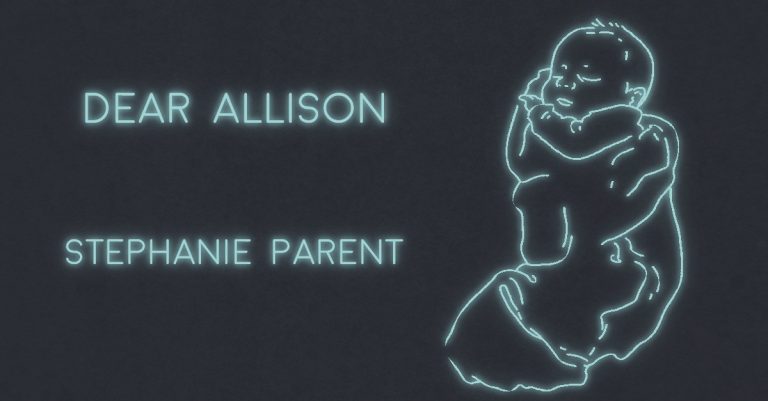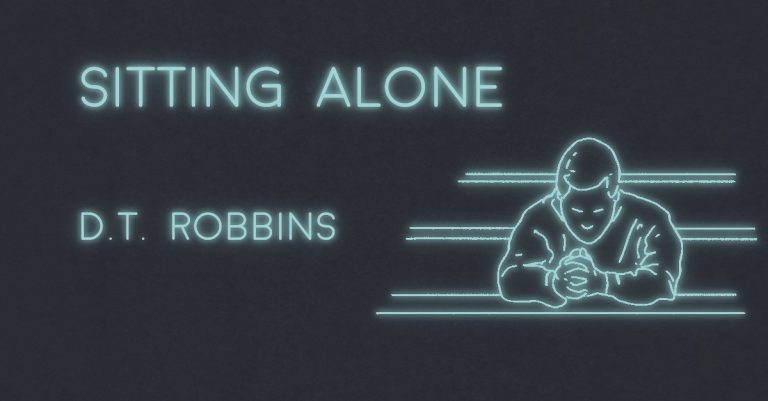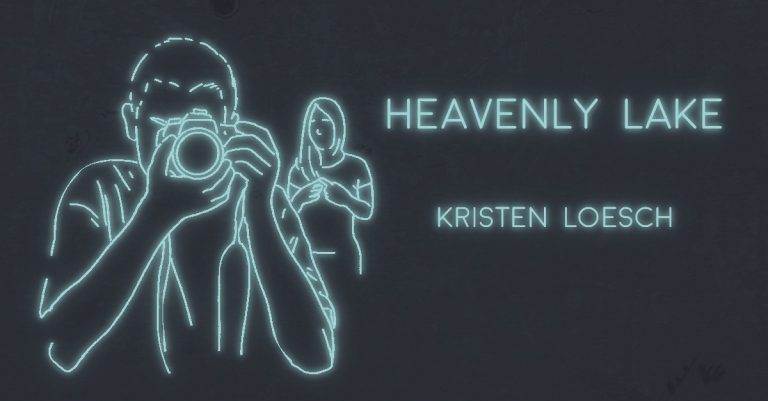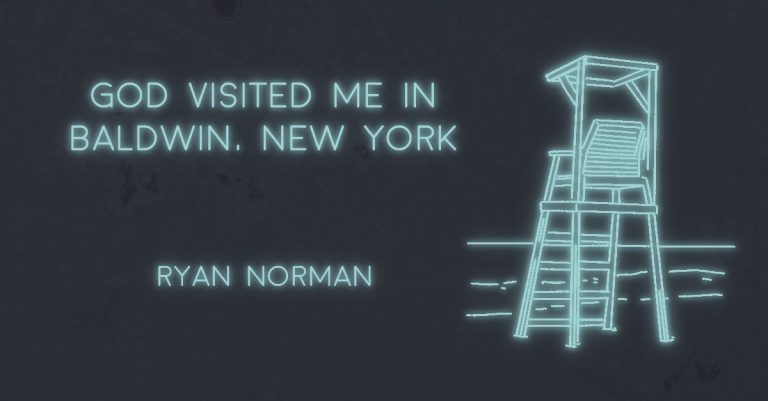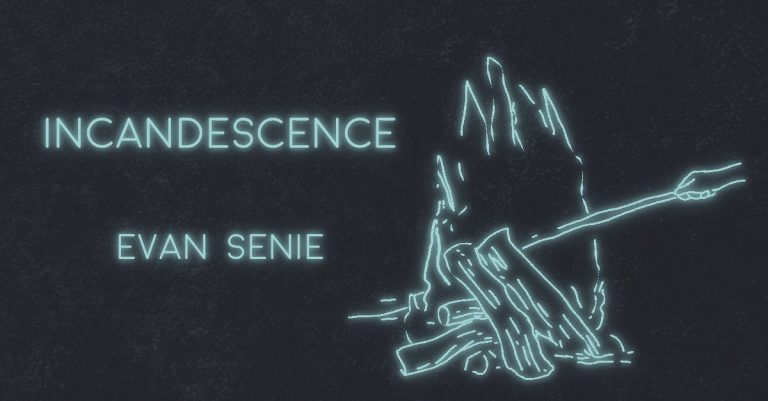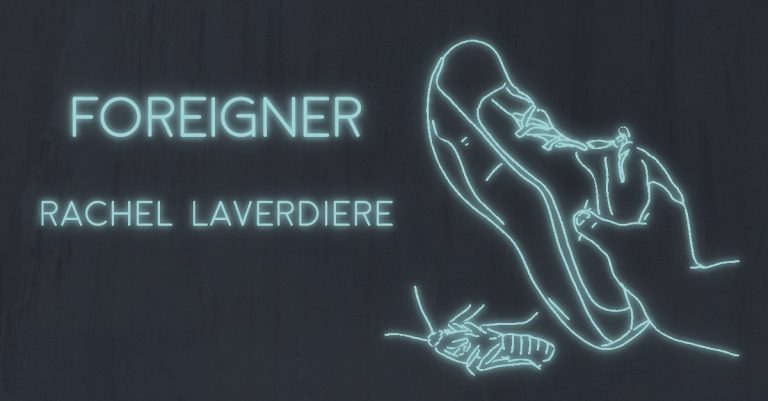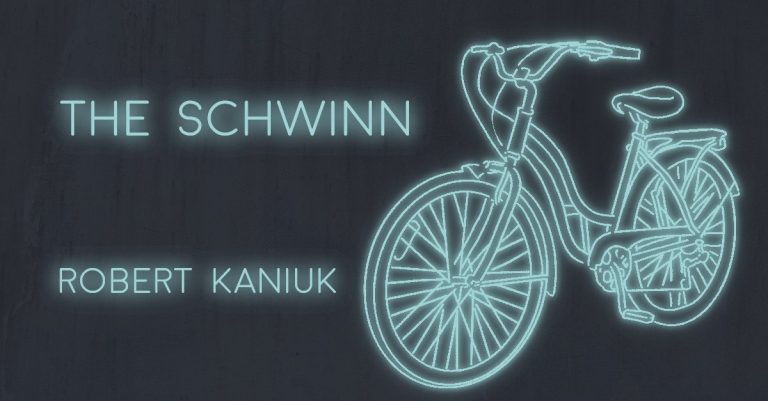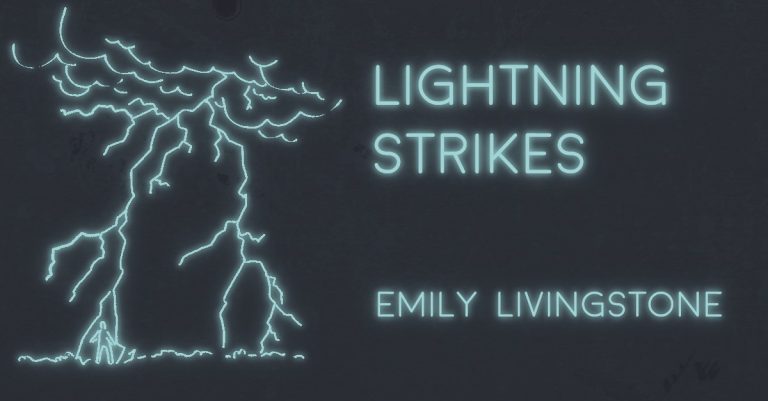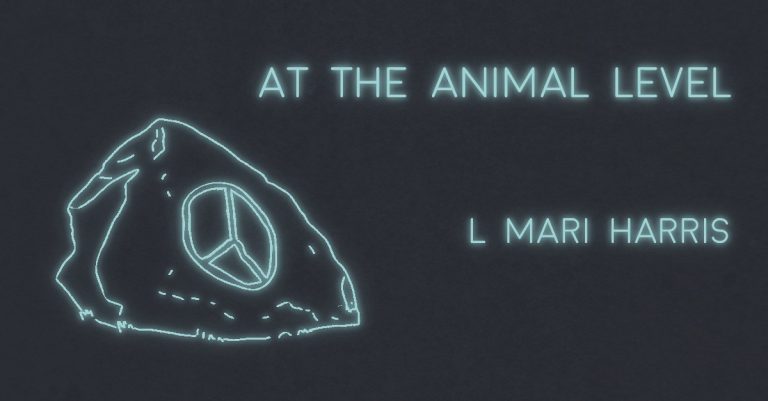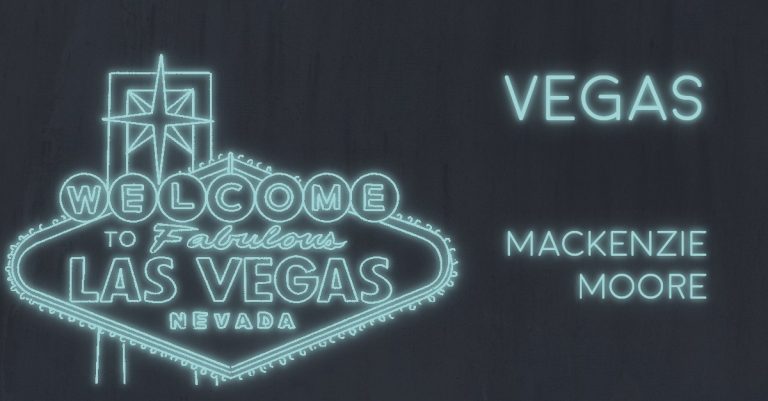
VEGAS by Mackenzie Moore
I shudder, feeling the heat as I approach the straightaway where all you see are the shells of casinos looming. Blink-182 cranking, asking me what my age was, again. I keep ticking past billboards that tell me when the buffets will return. I jam my foot down on the accelerator. Tempt fate with out-of-state plates. I think about five months earlier when we peeled away, me from the curb at Terminal 2, and him off to the Mirage for the weekend. It feels like years. I-15 north is an unavoidable corridor, but I hadn’t considered that I’d get a visual

